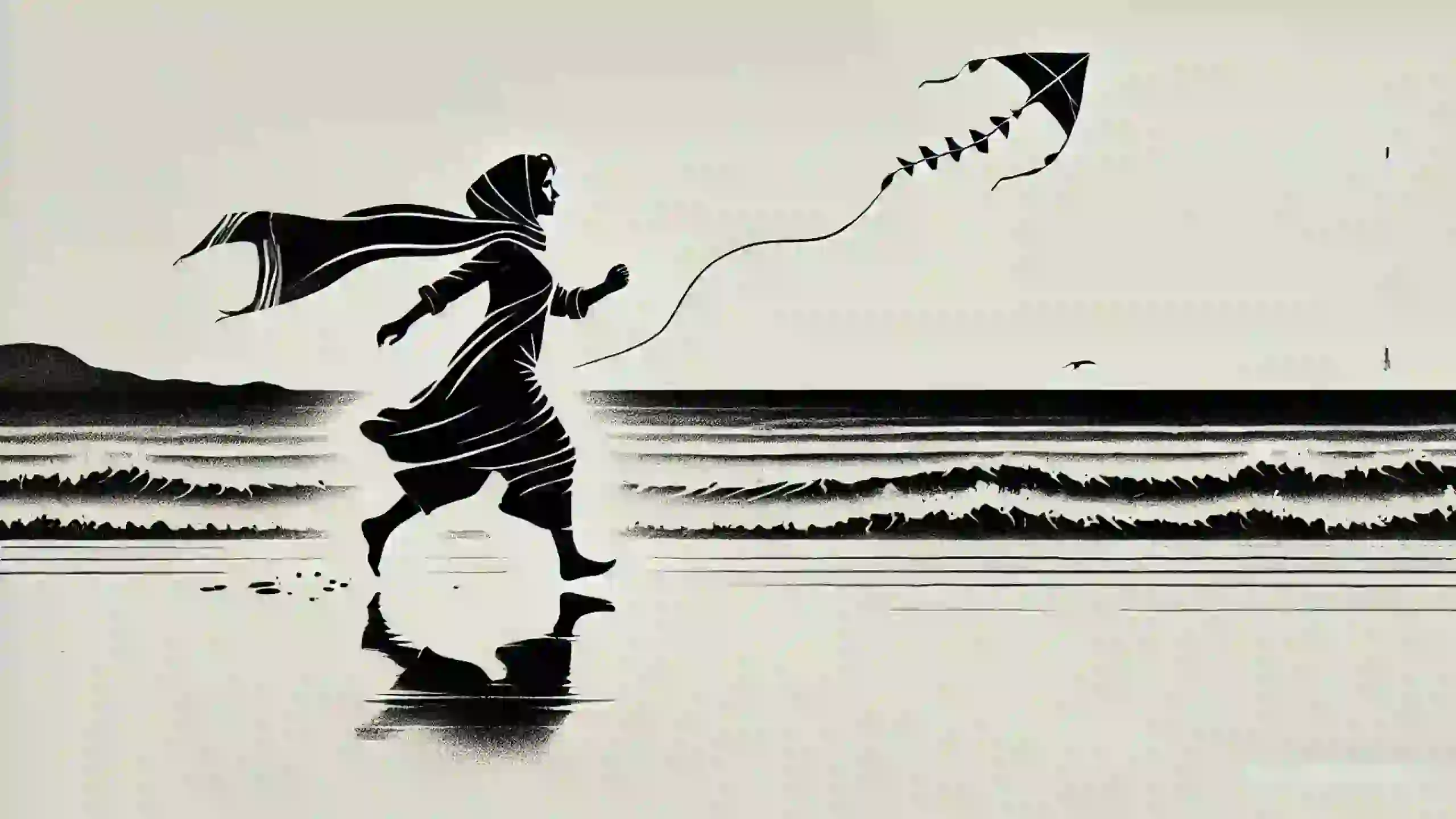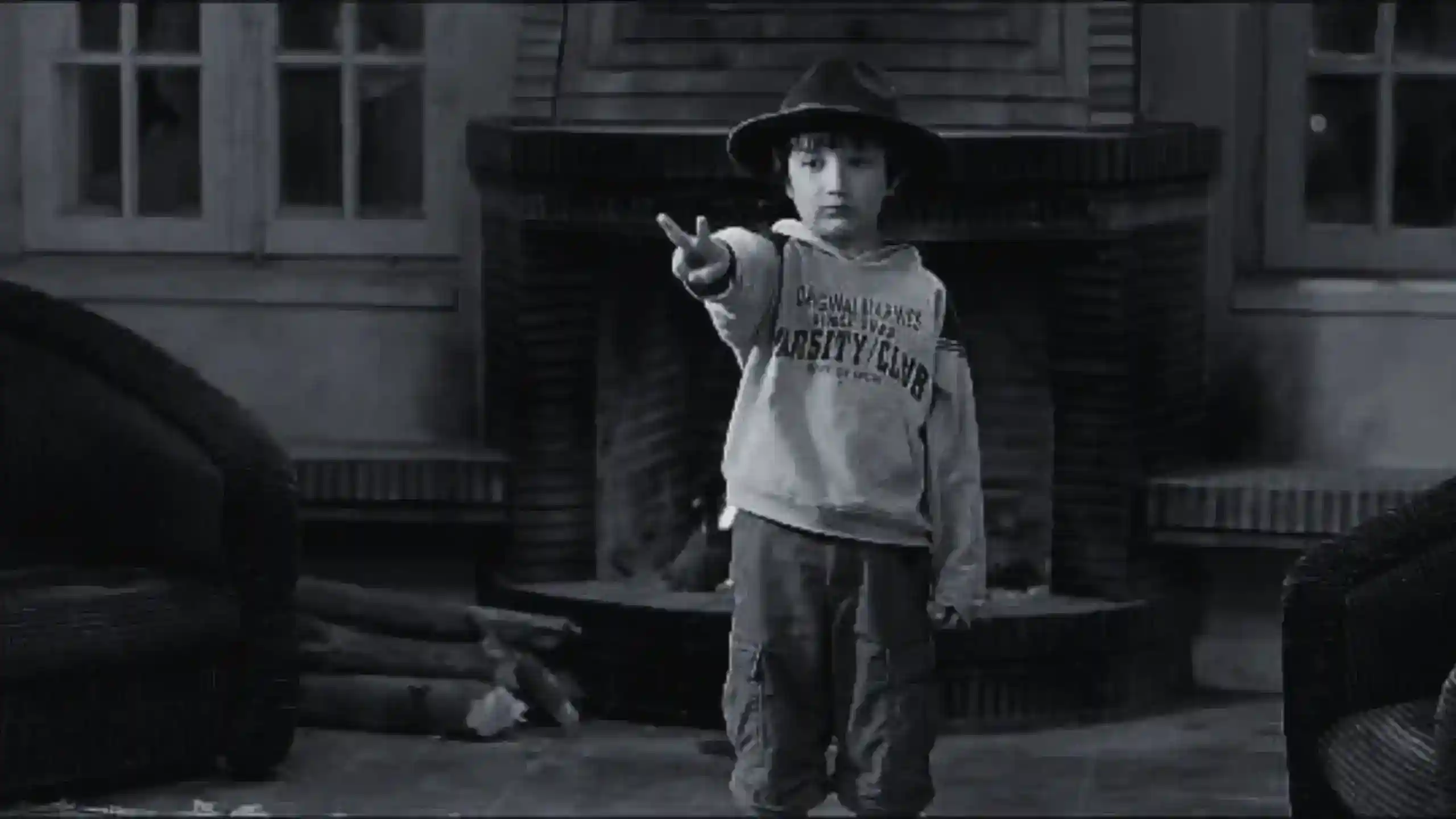
About Elly (Darbareye Elly) Film Analysis
About Elly features an original screenplay by Asghar Farhadi, which, starting from the relationships within a group of young, middle-class friends from Tehran, contains social criticism. The film is regarded as one of Farhadi’s most important works.
With this film, Farhadi won numerous awards, including Best Director and the Audience Award at the Fajr International Film Festival; the Silver Bear at the Berlin International Film Festival; Best Narrative Feature at the Tribeca Film Festival; and Best Screenplay and the Grand Jury Prize at the Asia Pacific Screen Awards. It also represented Iran in the Oscar race. With this film, Farhadi began to be Iran’s consistent Oscar nominee.
Content Features
Story
A group of friends, graduates from law school, go on a vacation to the Caspian Sea. The group mostly consists of married couples. Elly and Ahmad are the singles in the group. Sepideh, the leader of the group, organized this trip to introduce Elly and Ahmad. This well-progressing holiday trip turns into chaos with Elly’s disappearance. Sepideh’s lies are revealed, and it is learned that Elly has a fiancé. Elly’s fiancé, Alireza, arrives at the scene and learns what happened. Elly’s body is found. After seeing Elly for the last time, Alireza leaves the place.
Since the film has a clear beginning and end, we can say that the story form is closed. Additionally, it is seen that the character of Elly is at the center of the story, and the viewer’s focus is directed towards Elly. Looking at the narrative style, we can say that the story progresses linearly.
Plot
A group of friends goes on a vacation to the Caspian Sea. The group settles into a house by the lake and spends the first day with various activities. Meanwhile, a closeness develops between Elly and Ahmad, the singles in the group. The dramatic turn in the story happens on the second day of the trip. Three young children are playing on the beach, and Elly is asked to watch them. A short time later, it is seen that one of the children, Arash, is about to drown in the sea. Upon this, the group tries to save Arash. The panicked group manages to save Arash but is faced with the reality that Elly is not around. The rest of the story is about finding out where Elly is and what happened to her.
From this point on, everyone starts blaming each other. Sepideh and her husband Amir fight. Sepideh reveals to the others that Elly is engaged. Elly’s fiancé, Alireza, who calls Elly’s home in Tehran, hears the news of her disappearance and comes to the Caspian region. Upon hearing about the closeness between Ahmad and Elly, Alireza punches Ahmad. Alireza learns what happened from Sepideh and is convinced that Elly cheated on him. Afterwards, the news comes that Elly’s body has been found. Alireza and the men of the group go to the hospital to identify Elly’s body. Alireza sees Elly’s body and leaves. The group returns to the house they came to for vacation and tries to rescue their car, which is stuck in the sand on the beach.
Looking at the film’s plot, we can see that it is built on a cause-and-effect relationship. Each event is organized to follow the other. The only gap in the plot is the scene where the character Elly drowns. Asghar Farhadi, by not showing this scene, invites the other characters and the audience to think about Elly. Therefore, we can say that this small gap is highly functional and successful in terms of plot strategy.
Theme
The main theme of “About Elly” is clearly expressed in one of the film’s key dialogues. This theme is stated by the character Ahmad: “A bitter end is better than an endless bitterness.” This line spoken by Ahmad summarizes the journey of the film’s central character, Elly. Elly, rather than living in endless bitterness by marrying someone she does not want, chose to join the group trip where she would meet Ahmad. She paid the price for this choice with an unhappy end, that is, death.
This theme, around which Asghar Farhadi has woven the dramatic structure, can be interpreted in many different ways. One of these interpretations is the social criticism that permeates every corner of the film. The film shows that the social rules in Iran, the roles of men and women, and relationships based on lies create an endless bitterness in people. It is conveyed that the only moments these people, whose freedom is restricted, feel free are in small getaways, and even these small getaways have a heavy price. The games played upon arriving at the house are an example of this. 